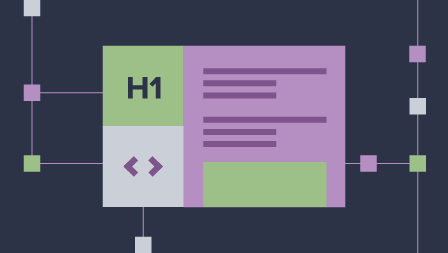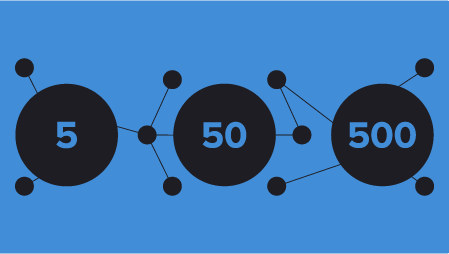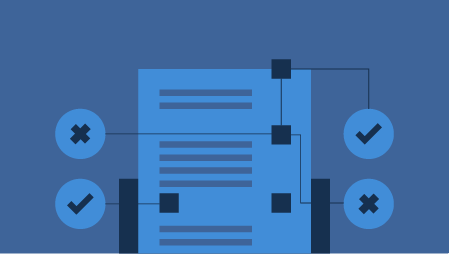NLP- a subfield of AI that helps machine understand a natural human language is an important tool for organizations that deals with a large number of unstructured texts and other forms of data.
Inculcation of NLP tools can help organizations analyze, procure worthy insights, and automate. This series shall discuss key components of NLP/NLG and the difference between NLP and NLU.
Natural Language Generation capabilities have become the de facto option as analytical platforms try to democratize data analytics and help anyone understand their data. Close to human narratives automatically explain insights that otherwise could be lost in tables, charts, and graphs via natural language and act as a companion throughout the data discovery process. Besides, NLG coupled with NLP are the core of chatbots and other automated chats and assistants that provide us with everyday support.
In computer-aided processing of natural languages, shall the concept of natural language processing give way to natural language understanding? Or is the relation between the two concepts subtler and more complicated that merely linear progressing of a technology? Though sometimes used interchangeably, they are actually two different concepts that have some overlap. NLP and NLU are opposites of a lot of other data mining techniques. In this post, we’ll scrutinize over the concepts of NLP and NLU and their niches in the AI-related technology.
When working in healthcare, a lot of the relevant information for making accurate predictions and recommendations is only available in free-text clinical notes. Much of this data is trapped in free-text documents in unstructured form. This data is needed in order to make healthcare decisions. Hence, it is important to be able to extract data in the best possible way such that the information obtained can be analyzed and used. State-of-the-art NLP algorithms can extract clinical data from text using deep learning techniques such as healthcare-specific word embeddings, named entity recognition models, and entity resolution models.
Behind the revolution in digital assistants and other conversational interfaces are natural language processing and generation (NLP/NLG), two branches of machine learning that involve converting human language to computer commands and vice versa. NLP and NLG have removed many of the barriers between humans and computers, not only enabling them to understand and interact with each other, but also creating new opportunities to augment human intelligence and accomplish tasks that were impossible before. Maybe NLP and NLG will remain focused on fulfilling more and more utilitarian use cases.
Experfy Insights
Top articles, research, podcasts, webinars and more delivered to you monthly.
Leave a Reply Cancel reply

Introduction Access to and control of data is one of the biggest challenges faced by data analysts and data scientists. Creative, persistent analysts find ways to get access to at least some of this data but doing that efficiently in a way that is also standardized and centralized for everyone on the team is difficult.

Introduction Prediction is a tricky business. You have to step outside of your comfort zone, your fainted vision of the world and see it thorough across all possible dimensions. In this series, we will discuss the future of “AI”, applications that are yet unexplored.

Introduction: Humans are wired to make tough decisions bringing all the context and principles to bear. Similarly, can devices apply the available information to make the right judgment calls? In this series, we shall discuss some ethical dilemmas faced by emerging technologies.
Incubated in Harvard Innovation Lab, Experfy specializes in pipelining and deploying the world's best AI and engineering talent at breakneck speed, with exceptional focus on quality and compliance. Enterprises and governments also leverage our award-winning SaaS platform to build their own customized future of work solutions such as talent clouds.
1700 West Park Drive, Suite 190
Westborough, MA 01581
Email: support@experfy.com
Toll Free: (844) EXPERFY or
(844) 397-3739
